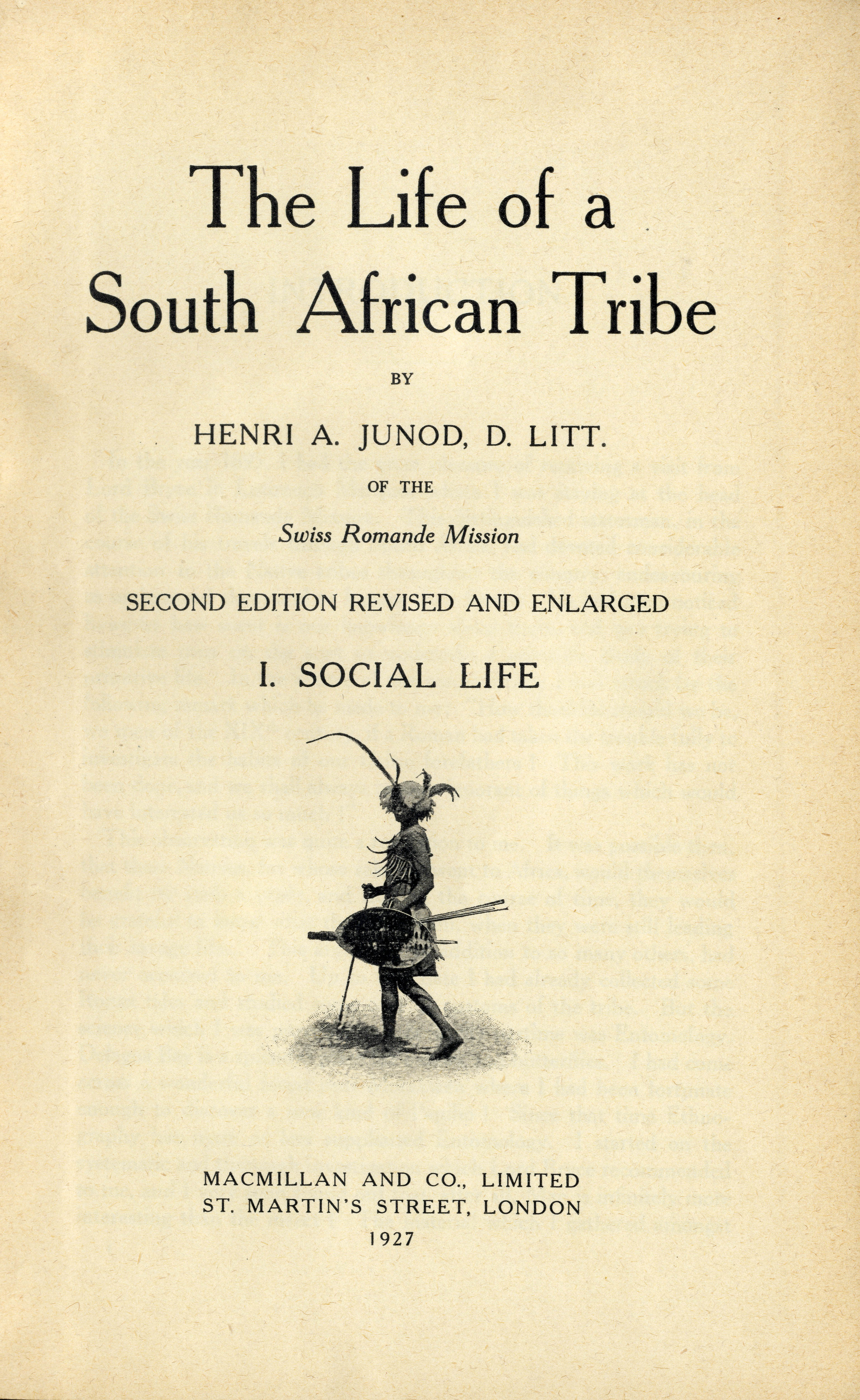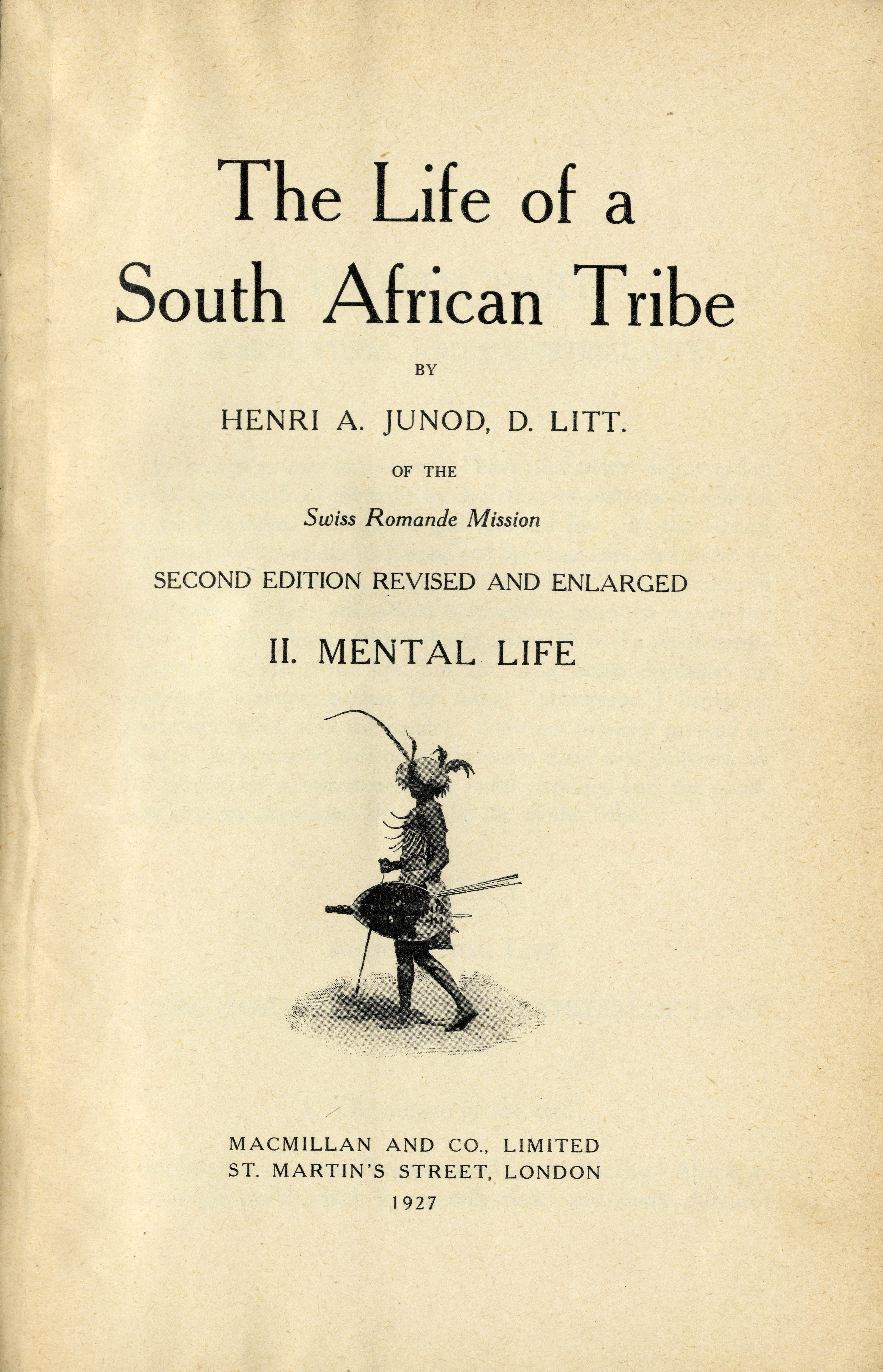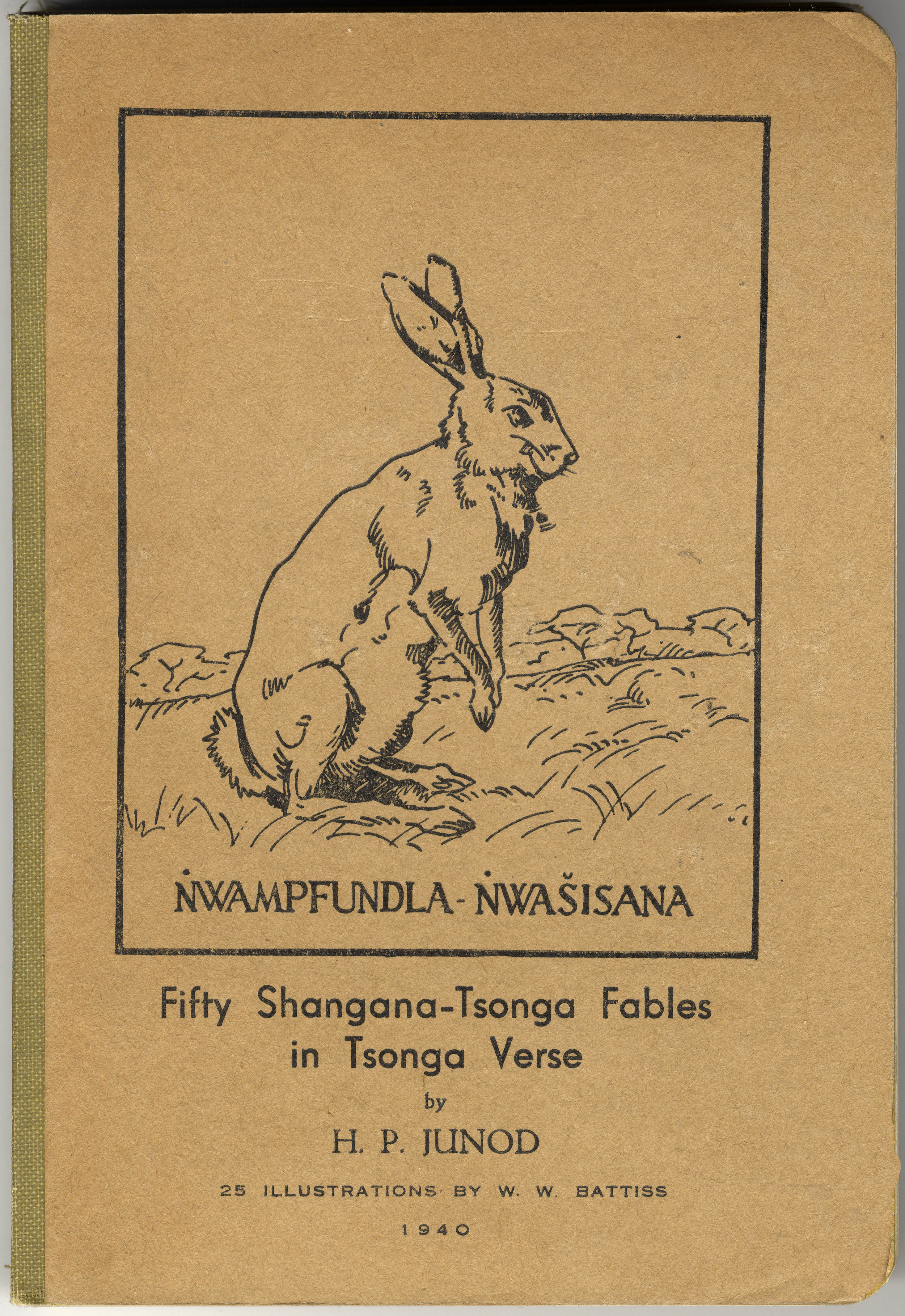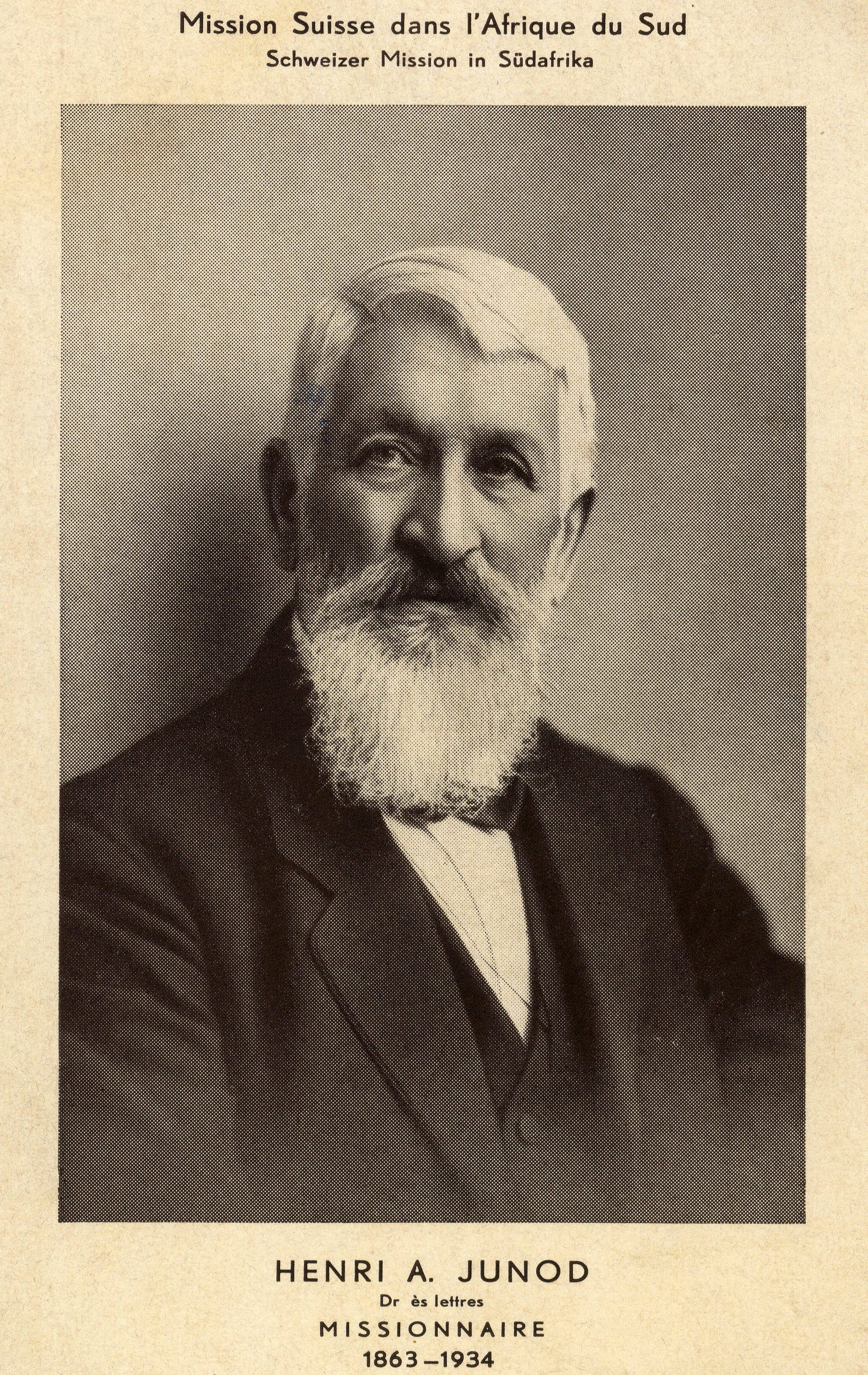
The largest academic library in Africa
HA & HP Junod archives
The papers, books and artefacts of Henri Alexander Junod (1863-1934) and his son, Henri Phillipe Junod (1897-1987), were given to the Library and the Department of Anthropology in trust in 1974.
The materials in the Junod Archives deal mainly with the Tsonga people of Northern Transvaal, where the Junods were missionaries of the Mission Suisse Romande. The Junod Archive comprises 1,5 linear metres of documents written in French, English and Tsonga and the Archive is of great interest to students of missiology, anthropology and the Tsonga / Ronga language.
In November 2005, Camilo, a film director from Mozambique, Brigitte Bagnol, a French anthropologist, Adv Francois Junod and film technicians visited the Library Archives and photographed material for a film on the life of Henri Alexander Junod.
The Junod Archive is of great research value to national and international scholars as the papers reflect the history and work of two Swiss missionaries who devoted their lives to the upliftment of South Africans of all races for almost a century.
Henri Alexandre Junod was born in Switzerland and trained as a Protestant minister at Neuchâtel, Basle and Berlin. In 1887 his application was accepted by the Swiss Romande Mission, and he was sent to Edinburgh to study English and medicine. His first appointment was at the Rikatla Mission in Mozambique in 1893. Within a short time he published a Ronga grammar, soon followed by publications on the way of life and language of the Ronga. Junod established a school for evangelists at Shiluvane, near Tzaneen. In 1917 a school to train Black clergy was started at Rikatla. Junod retired to Switzerland in 1921 from where he continued his work with Black culture and affairs. When Junod died in 1934, his ashes were returned to Africa at his request to be buried at Rikatla.
The life of a South African Tribe, HA Junod's anthropology guide, appeared in 1912 in two volumes, volume one being on the social life and volume two the psychic life of the Tsonga / Ronga tribe. This work was reprinted in an amplified form in 1926 and 1962. It has been translated into several languages and is still regarded as one of the best descriptions of an African society.
Henri Junod was a devout man who gave and inspired affection. He was a brilliant scholar of wide interests and sympathies apart from his missionary vocation. He belonged to many natural societies and made extensive collections of beetles and butterflies. He first identified and had named after him, the species Papilio junodi and Eumeta junodi.
The documents in the Junod Archives reflect Henri Alexandre's understanding of the Ronga / Tsonga peoples' culture and language. As a missionary he respected indigenous culture and spread the teachings of the gospel with tribal customs in mind.
Henri Phillipe Junod was born on 10 April 1897 in Switzerland. He came to South Africa as a missionary in 1920, where he, as prison chaplain, witnessed more than 800 executions over a twenty-five year period. This experience made Dr Junod, also a respected criminologist, a life-long campaigner against the death penalty; he was Director of the Penal Reform League in South Africa for fifteen years. During his life-time he wrote many articles, pamphlets and manuscripts on the subject of penal and prison reforms in English and French. Some of these works form part of the Junod archives.
Dr Junod received a doctorate (honoris causa) in philosophy from the University of the Witwatersrand. Like his father Henri Alexandre, Henri Phillipe Junod was also a serious researcher of Ronga / Tsonga culture, folklore and language. Dr Junod published several works on these subjects, including Brer Rabbit, works on proverbs and riddles of the Shangaan people, beautifully illustrated by Walter Battiss, and Bantu Heritage. Henri Phillipe Junod's interest in the Tsonga people is well represented in the Junod Archives.
In 1987 Dr Junod died at the age of ninety, after a life of service, epitomised by the motto: Man only lives through other men (a Tsonga proverb). He will be remembered for his campaigns on behalf of penal and prison reform, his knowledge of Tsonga culture, and especially his efforts to improve relations between the Blacks and Whites in Southern Africa.
 |
 |
 |
 |
 |
Contact person : Anri van der Westhuizen avdwesth@unisa.ac.za
Tel: +27 12 429 2560
Last modified: Mon Aug 07 17:14:20 SAST 2023